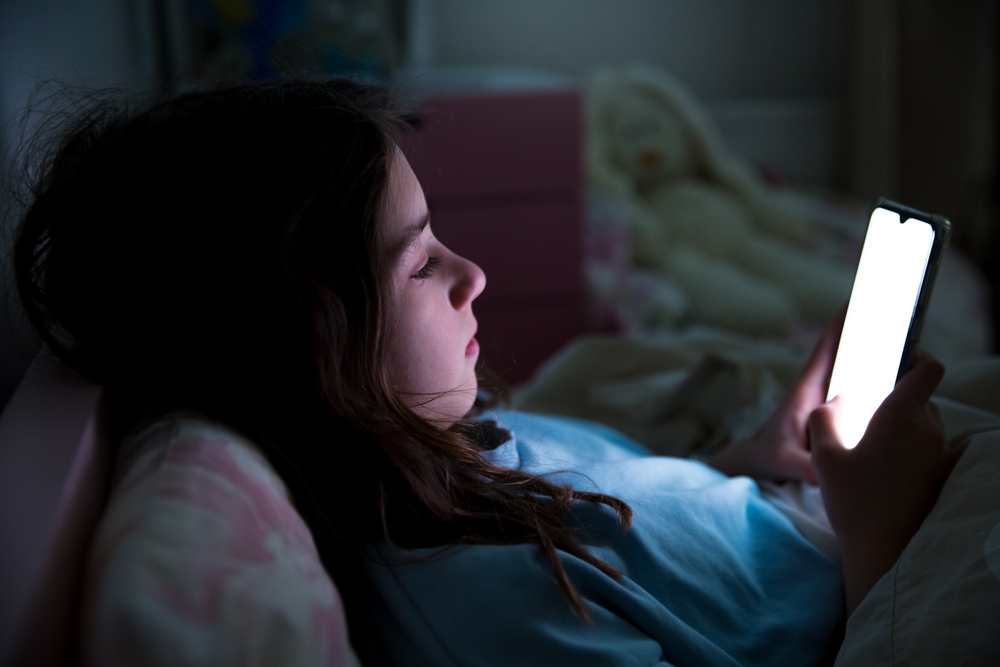Teens call for digital curfews and express deep concern over online harm, survey shows.
Others are reading now
Almost half of UK teens aged 16 to 21 say they would rather grow up in a world without the internet, according to a new national survey.
The findings paint a stark picture of digital burnout and growing unease about the impact of constant online engagement.
Conducted by the British Standards Institution, the study surveyed 1,293 young people and revealed that 68% feel worse about themselves after using social media. Nearly half support a mandatory “digital curfew” for apps like Instagram and TikTok after 10pm.
Hidden Behaviors and Mental Strain
The survey also uncovered the extent of online secrecy among young people. A quarter spend four or more hours daily on social media. Among them, 42% admitted lying to parents about their online activity, and an equal share confessed to falsifying their age.
Also read
Another 40% said they use burner accounts, while 27% have pretended to be someone else entirely. The majority, 75%, also reported increased screen time since the pandemic — much of it to their own detriment.
It’s clear that young people are aware of the risks online and, what’s more, they want action from tech companies to protect them.
said Andy Burrows, chief executive of the suicide prevention charity the Molly Rose Foundation.
Burrows emphasized that algorithms can lead teens down dangerous content spirals “through no fault of their own,” urging regulators to mandate safety-first platform design.
Government and NGO Responses
Peter Kyle, the UK’s technology secretary, recently suggested the government may consider app-specific curfews. But experts say more is needed.
We need to make clear that a digital curfew alone is not going to protect children from the risks they face online.
said Rani Govender, policy manager at the NSPCC.
As reported by The Guardian, 27% of surveyed teens admitted to sharing their location with strangers — further highlighting the urgent need for stronger safety measures online.


